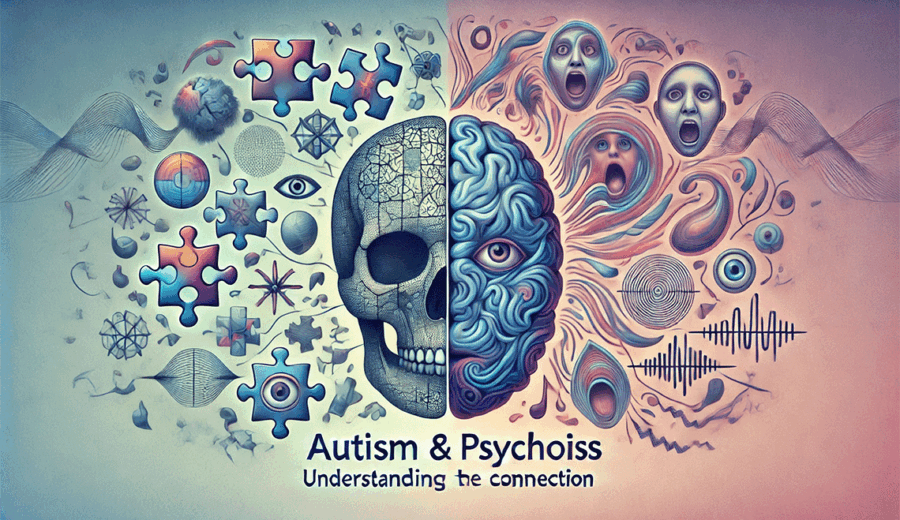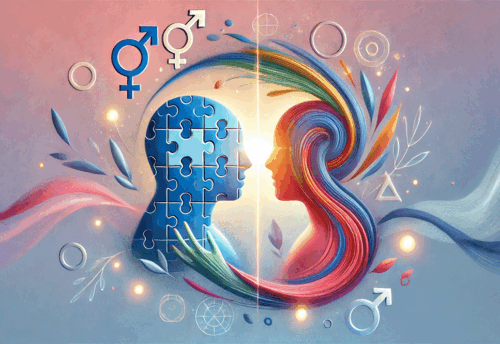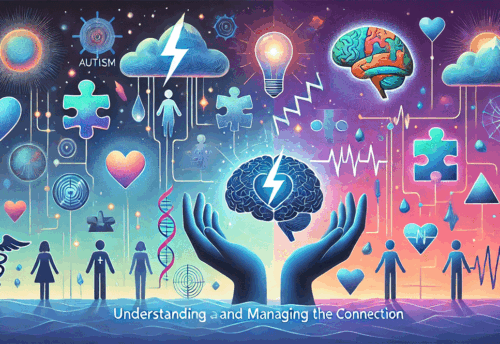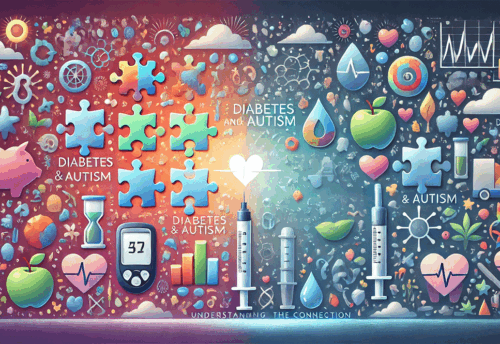
Psychosis and Autism
Psychosis and Autism: A Comprehensive Overview
Autism spectrum disorder (ASD) and psychosis are distinct conditions, but they can sometimes coexist. Understanding psychosis in autistic individuals requires a careful examination of its definition, causes, prevalence, and assessment processes.
What is Psychosis?
Psychosis is a mental health condition characterized by a disconnect from reality. It involves symptoms such as:
- Hallucinations: Perceiving things that are not present, such as hearing voices or seeing things.
- Delusions: Holding strong beliefs that are not based on reality, such as paranoid thoughts.
- Disorganized Thinking: Difficulty organizing thoughts, leading to incoherent speech or difficulty completing tasks.
- Emotional Disturbance: Blunted or inappropriate emotional responses.
Psychosis can be episodic or chronic, and it may occur as a feature of other conditions like schizophrenia, bipolar disorder, or severe depression. For autistic individuals, psychosis can add layers of complexity to their behavior and experiences.
How Common is Psychosis?
Psychosis is relatively rare in the general population, affecting about 3% of people over their lifetime. However, research indicates that autistic individuals are at a slightly higher risk of developing psychosis compared to neurotypical individuals. Some studies suggest that the prevalence of psychotic disorders in autistic people may range from 4% to 26%, depending on the population studied and assessment methods.
The increased risk may stem from overlapping genetic, neurodevelopmental, and environmental factors.
What Causes Psychosis?
Psychosis is a multifactorial condition influenced by a combination of biological, psychological, and social factors. The causes may include:
1. Genetic Factors
- Certain genetic mutations associated with autism also overlap with those linked to psychosis.
- A family history of psychotic disorders may increase vulnerability.
2. Neurological Factors
- Differences in brain structure and function, such as alterations in the dopamine system, have been implicated in both autism and psychosis.
- Neuroinflammation and abnormal neural connectivity might contribute.
3. Stress and Trauma
- Autistic individuals often experience significant life stress due to difficulties in communication, sensory processing, and social interaction, which can increase the risk of psychosis.
- Early trauma or adverse childhood experiences may also play a role.
4. Environmental Triggers
- Factors like substance use, sleep deprivation, and high levels of stress can precipitate psychotic episodes.
5. Cognitive Rigidity
- Autistic individuals may be predisposed to developing delusional thoughts due to their tendency toward black-and-white thinking and intense focus on specific topics.
Assessments for Psychosis in Autistic People
Diagnosing psychosis in autistic individuals can be challenging due to overlapping symptoms. For example, autistic individuals may already experience sensory sensitivities or struggle with social communication, which could be mistaken for psychotic symptoms. Accurate assessment requires specialized tools and expertise.
1. Clinical Interviews
- Mental health professionals conduct detailed interviews with the individual and their family to understand the onset, duration, and nature of symptoms.
- Questions focus on changes in behavior, thought patterns, and emotional responses.
2. Screening Tools
- Instruments such as the Positive and Negative Syndrome Scale (PANSS) or Structured Clinical Interview for DSM Disorders (SCID) can help identify psychotic symptoms.
- Specific adaptations may be needed to suit autistic individuals who might interpret questions literally or struggle with open-ended questions.
3. Observational Assessments
- Observing the individual in different settings can help differentiate psychosis from autism-related behaviors.
- For example, changes in baseline behaviors, such as new-onset paranoia or auditory hallucinations, may indicate psychosis.
4. Cognitive Assessments
- Evaluating cognitive functioning helps identify thought disorganization, delusions, or hallucinations.
- Cognitive rigidity and difficulties with abstract thinking in autism might mimic certain psychotic features, requiring careful differentiation.
5. Medical and Neurological Evaluations
- Comprehensive medical evaluations are conducted to rule out other causes of psychosis-like symptoms, such as epilepsy, infections, or substance use.
- Brain imaging and blood tests might be used to exclude organic causes.
6. Collaborative Diagnosis
- Input from psychologists, psychiatrists, neurologists, and autism specialists ensures a nuanced understanding of the individual’s symptoms.
Key Considerations for Assessment
- Baseline Behavior: Understanding the individual’s baseline autistic traits is crucial to identifying new or atypical symptoms.
- Language and Communication: Simplified, concrete language is necessary to avoid confusion during interviews and assessments.
- Sensory Experiences: Sensory processing differences in autism should not be mistaken for hallucinations.
- Social Context: Cultural and environmental factors influencing the individual’s perception of reality should be considered.





Leave a Reply